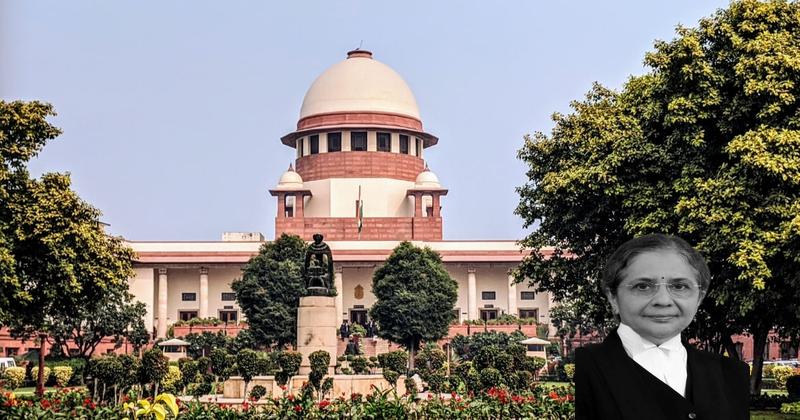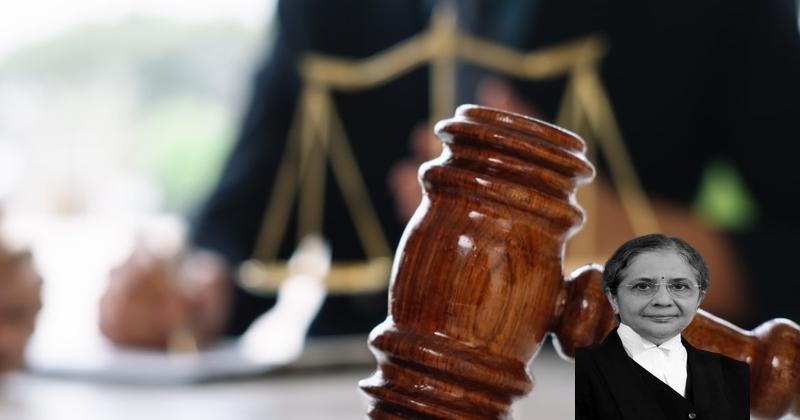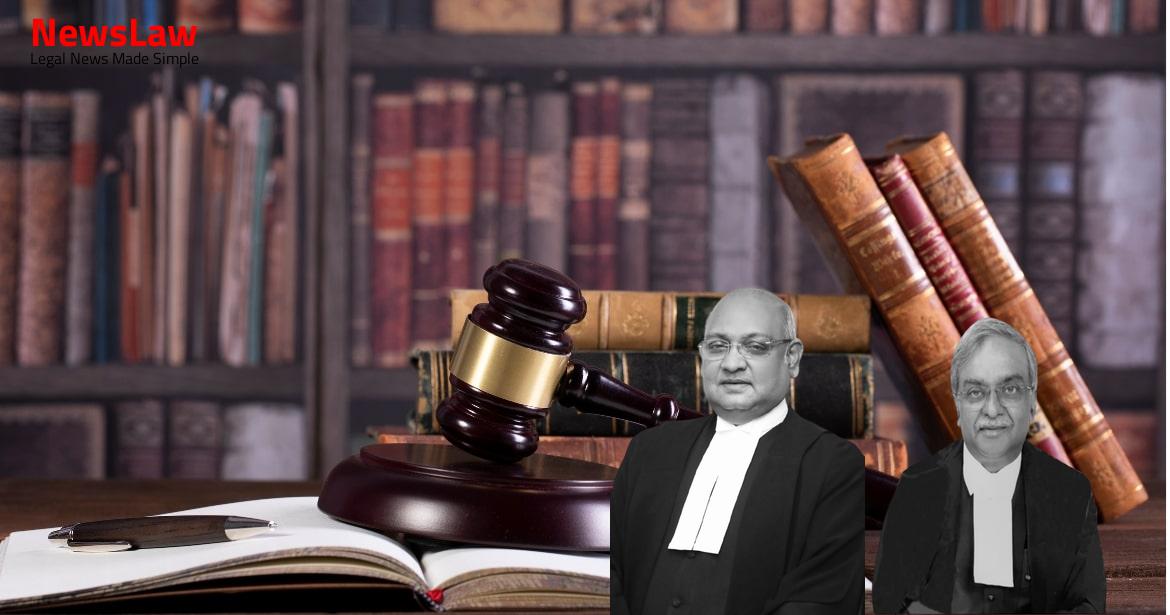On the basis of the Source Report dated 17.12.2007 submitted by the then Deputy Superintendent of Police, Bengaluru Rural Division, Karnataka Lokayukta, Bengaluru, a case being Crime
Also Read: https://newslaw.in/supreme-court/high-court-dismisses-bail-application-in-corruption-case/
No 22 of 2007 (later numbered as Crime
Thereafter the chargesheet came to be filed in the Court of Principal District and Sessions Judge, Bengaluru Rural District at Bengaluru wherein it was alleged that respondent had abused his position as a public servant, had indulged into corrupt practices and had amassed wealth disproportionate to his known sources of income. The said petition came to be disposed of by the High Court vide the order dated 05.07.2013 directing the trial court to consider the documents made available by the respondent during the investigation and produced by the prosecution with the chargesheet, while framing the charge without being influenced by the order dated 01.12.2013. Pertinently, the respondent did not press for the said application by submitting a memo on 02.12.2014 and stating therein that the Court may proceed to frame charge against him. The trial court vide the order dated 05.06.2018
dismissed the said application by passing a detailed order holding, inter alia, that the third successive application filed by the respondent-accused for the discharge from the case, when the evidence of 17 witnesses had been recorded and when the contention based on the sanction was already rejected by the Court earlier, was liable to be dismissed.
Also Read: https://newslaw.in/supreme-court/illegality-of-arrest-under-pmla/
In view of the afore-stated undisputed facts the following questions arise for consideration before this Court: (i) Whether the High Court in exercise of its powers under Section 482 of CrPC could have discharged the respondent- accused from the charges levelled against him for the offences under Section 13(1)(e) punishable under Section 13(2) of the said Act, despite the fact that the accused had not pressed for his second application for discharge by submitting the Memo dated 02.12.2014 and despite the fact that after framing of the charge by the Special Court on 23.12.2014, the trial had proceeded further and the prosecution had examined 17 witnesses in support of its case? Thus, by submitting the said Memo, the respondent-accused had specifically not pressed for his contention with regard to the validity of sanction or error in granting the sanction by the Government, and he specifically requested the Court to proceed further with the framing of charge. The said application having been dismissed by the trial court, the High Court could not and should not have entertained the petition under Section 482 of CrPC, which was in the nature of revision application, and reversed the findings recorded by the trial court, in view of sub-section (3) read with sub- section (4) of Section 19 of the said Act.
Such issue of course, could be raised before the Court in appeal, revision or confirmation, 10 however the powers of such court would be subject to sub-section (3) and sub-section (4) of Section 19 of the said Act. It cannot be gainsaid that in case the sanction is found to be invalid, the trial court can discharge the accused and relegate the parties to a stage where the competent authority may grant a fresh sanction for the prosecution in accordance with the law.
Thus, it is clear from the language employed in sub-section (3) of Section 19 that the said sub-section has application to the proceedings before the Court in appeal, confirmation or revision, and not to the proceedings before the Special Judge. Since, the provisions contained in Section 19(3) of the Prevention of Corruption 14 Act and in Section 465(1) of CrPC are pari materia, the observations made in the said decision would be relevant. As a matter of fact, neither the respondent had pleaded nor the High Court opined whether any failure of justice had occasioned to the respondent, on account of error if any, occurred in granting the sanction by the authority.
Also Read: https://newslaw.in/supreme-court/dismissal-of-bail-application-in-money-laundering-case/
It will be open for the respondent to raise the issue of validity of sanction if he desires to do so, in accordance with law at the final stage of arguments in the trial. Appeal stands allowed accordingly.
Case Title: STATE OF KARNATAKA LOKAYUKTA POLICE Vs. S. SUBBEGOWDA (2023 INSC 669)
Case Number: Crl.A. No.-001598-001598 / 2023



